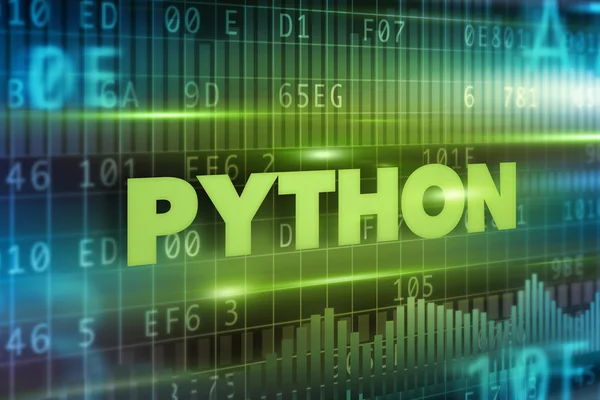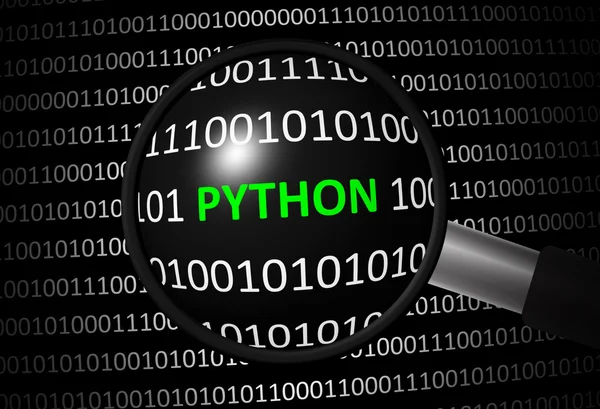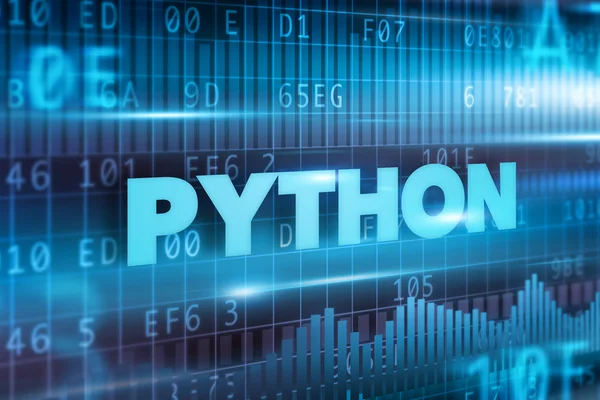The dir() function in Python is a powerful utility that provides a comprehensive list of attributes and methods associated with...
In Python, the __str__() function holds a special significance when it comes to creating readable and descriptive string representations of...
File handling in Python allows you to work with files on your computer. You can read from and write to...
Error handling is crucial for building robust Python programs. Python provides mechanisms to handle exceptions using `try`, `except`, and `finally`...
Modules in Python are files containing Python code that can be imported into other Python programs. They help in organizing...
Functions in Python are blocks of code designed to perform specific tasks. They help in organizing code into reusable chunks....
Loops in Python are used to execute a block of code repeatedly. The two primary types of loops are `for`...
Conditionals in Python allow you to execute code based on certain conditions. The primary conditional statements are `if`, `elif`, and...
Sets in Python are collections of unique elements. They are unordered and do not allow duplicate values. **Creating Sets** Sets...
Dictionaries in Python are used to store data in key-value pairs. They are unordered, mutable, and do not allow duplicate...






















